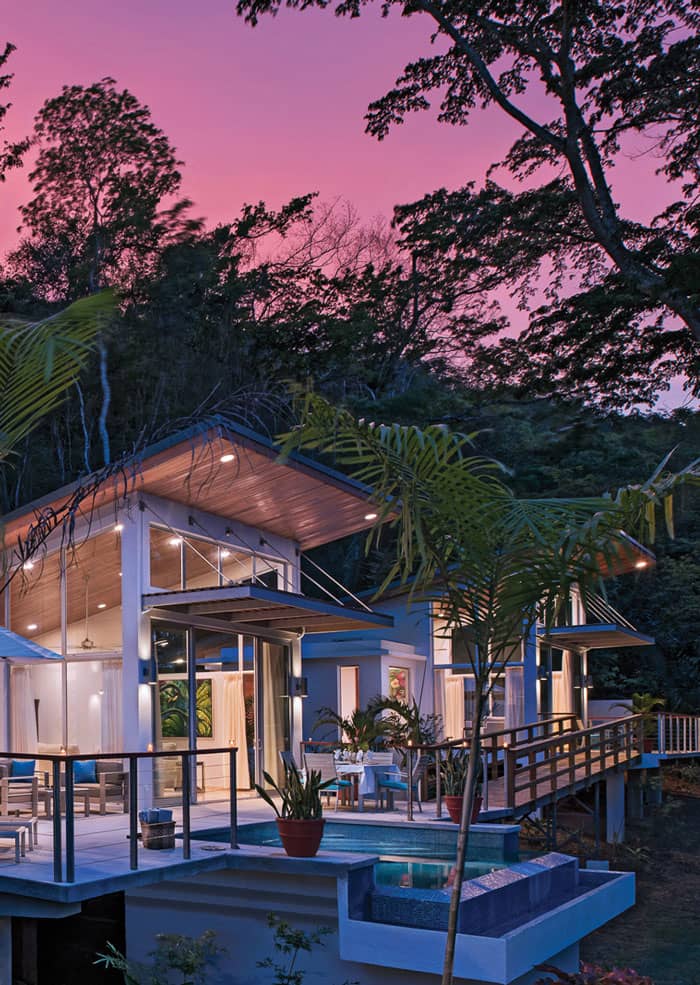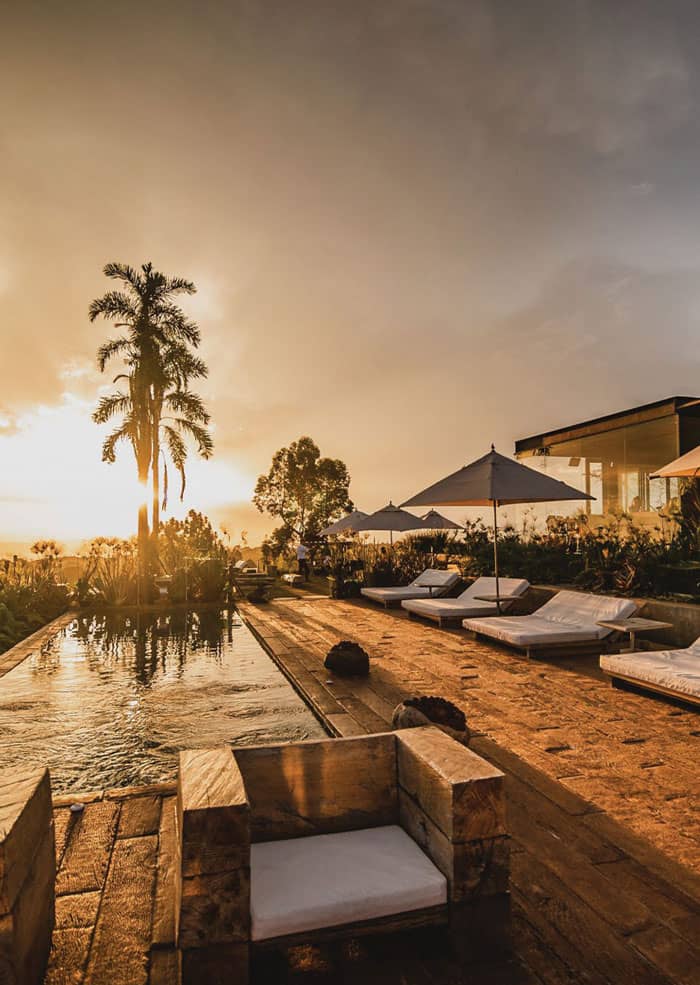-
-
-
-
-
-
-
-
-
-
Currency
travel
How Regenerative Travel Is Changing The Way We Holiday


Terms like conscious, sustainable and regenerative travel are popping up more frequently – so what does this mean?

Documented By: @lamma
Terms like conscious, sustainable and regenerative travel are popping up more frequently – so what does this mean?
For Amanda Ho, the co-founder and brand director of online booking platform Regenerative Travel, it’s a new era of travel that is more immersive and mindful, with a focus on social and environmental responsibility. Giving travellers a tool to discover destinations that align with their values was the reason she launched Regenerative Travel with David Leventhal in 2019.
Think of it like any other hotel booking platform – booking.com, Trivago, Expedia, Mr & Mrs Smith – but with one key difference: these hotels have been curated based on their regenerative, sustainable and ethical commitments. To be listed as one of the platform’s Regenerative Resorts, the accommodation must meet credentials covering place, inclusivity, ethical operation and respect for local and global ecosystems.
“When we assess the standards of a hotel and evaluate a property before they join the platform, we look at a range of criteria,” Amanda explains.
“Do they have a responsible environmental approach, are they honouring a sense of place? Do they run a thoughtful business operation, and uphold ethical treatment of people and animals? Are they inclusive and diverse and are they active in their communication of regenerative values?
– Amanda Ho
”
Documented By: Regenerative Travel
As we have become more aware of how many communities rely on tourism, we want to book holidays with environmental and social stewardship in mind. But, as Amanda points out, it shouldn’t fall on the consumer to have to sift through and make difficult decisions about sustainable accommodation.
"Part of why we exist is to make it easier for consumers to find these types of properties and make informed decisions," she says.
Amanda believes the world is ready for the regenerative travel shift. “Tourism provides many opportunities to help reverse climate change through unique solutions.” She lists gender equality, reforestation, marine protected areas and hotels that partner with conservation groups as examples: “It’s about tapping into a wide spectrum of possibilities.”

Documented By: Regenerative Travel
For the traveller who still wants a luxurious experience or a holiday to unwind, a regenerative mindset doesn’t have to compromise on comfort. Rather, if you use Regenerative Travel’s services, you can find excellent accommodation that inadvertently has a strong environmental and social commitment. One resort in St. Lucia, an island country in the Carribean, has an organic farm where it grows its own fresh fruit, herbs and vegetables. A luxury bush camp in Botswana is part of the African Bush Camps collective, working to conserve the land and empower the people of Africa through tourism. An ecolodge in Panama is positioned in the convergence of three ecosystems, bringing wildlife and nature to guest's doorstep. When it was built, eco-friendly renewable, reusable or recyclable materials (like wood, steel and concrete) were used to construct its buildings.
With such an expansive list of regenerative resorts and destinations on her radar, it’s hard for Amanda to single out a favourite. Instead, she offers a memorable trip to Fogo Island, the largest offshore island in Newfoundland and Labrador, Canada. “I visited Fogo Island a couple of years ago and stayed at Fogo Island Inn which has recently become a member with Regenerative Travel.
“The Inn is essentially a 100 per cent community-owned asset so everything they do is driven by the community and striving to minimise the impact on the surrounding environment.” The opportunity to discover places like Fogo Island Inn is essentially what Regenerative Travel aim to offer, a platform where, as their tagline states, your vacation meets your values wherever you travel.

ABOUT US
CUSTOMER CARE
EDITORIAL & RIISE PRODUCTIONS
© 2024 RIISE, All Rights Reservedjoin riise's mailing list for 15% off your first order.Availability







